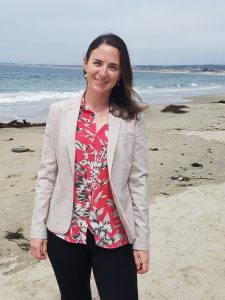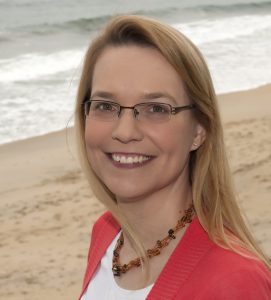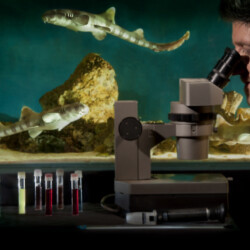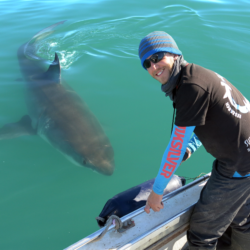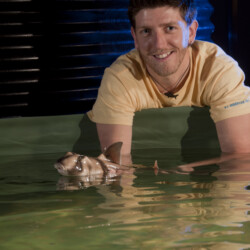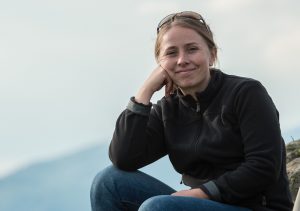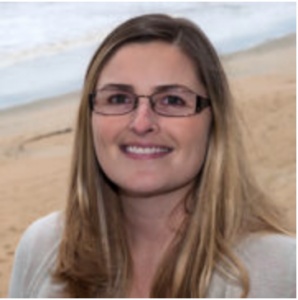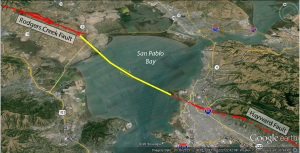Danuta Wisniewska, Hopkins Marine Station
Moss Landing Marine Labs Seminar Series - February 8th, 2018
Hosted by the Vertebrate Ecology Lab
MLML Seminar Room, 4pm
Open to the public
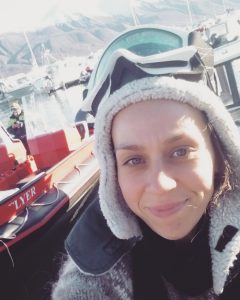
Danuta Maria Wisniewska is a bioacoustician and foraging ecologist interested in how marine animals negotiate their surroundings and forage in their heterogeneous and rapidly changing habitats. Her research is centered on fine-scale empirical studies using multi-sensor biologging tags. Danuta is an oceanographer turned biologist. After an undergrad in oceanography at University of Gdansk in Poland, she completed an Arctic Biology program at the University Centre in Svalbard, Norway. She then joined the Marine Bioacoustics Lab at Aarhus University, Denmark, where she worked on sensory ecology of echolocating toothed whales. After earning her PhD degree, she moved to the Section of Marine Mammal Research at Aarhus University, where she worked on the effects of anthropogenic noise on marine mammals. She is currently a postdoctoral fellow in Jeremy Goldbogen’s lab at Stanford University’s Hopkins Marine Station.
The economies of scale – effects of body size on cetacean foraging
Size dependence of metabolic rate, where smaller animals generally exhibit higher mass-specific metabolism, is a major factor influencing how animals interact with their environment. Whilst large body size necessitates high absolute energy intake, it also grants low relative rates of energy use per unit body mass and, therefore, many physiological and ecological advantages. Such size-related functional constraints ultimately shape animal behavior, performance and life history. In this talk, I will discuss how these body size trade-offs affect foraging performance of cetaceans, from harbor porpoises to sperm whales and blue whales. I will focus on how biologging technology has enabled us to address this.


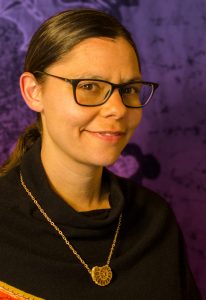
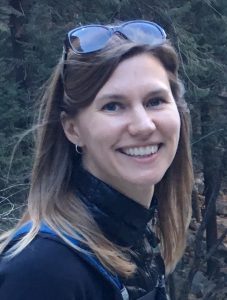
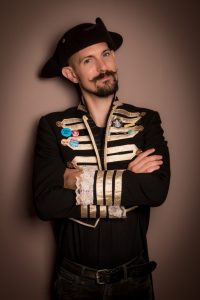 Having studied Oceanography at University of Southampton, Russell worked as a commercial oceanographer before becoming a high school Physics teacher. With a passion for public engagement, Russell left teaching to pursue science outreach as Education Consultant and Presenter for Incredible Oceans. Russell frequently performs at events across Europe including the Cheltenham Science Festival, Elderflower Fields Festival, Wilderness Festival, and Brighton Science Festival.
Having studied Oceanography at University of Southampton, Russell worked as a commercial oceanographer before becoming a high school Physics teacher. With a passion for public engagement, Russell left teaching to pursue science outreach as Education Consultant and Presenter for Incredible Oceans. Russell frequently performs at events across Europe including the Cheltenham Science Festival, Elderflower Fields Festival, Wilderness Festival, and Brighton Science Festival.